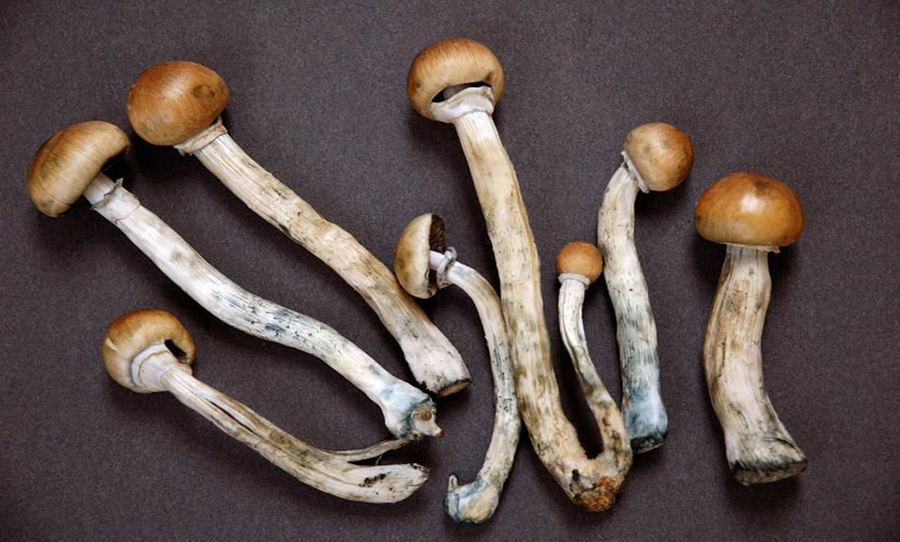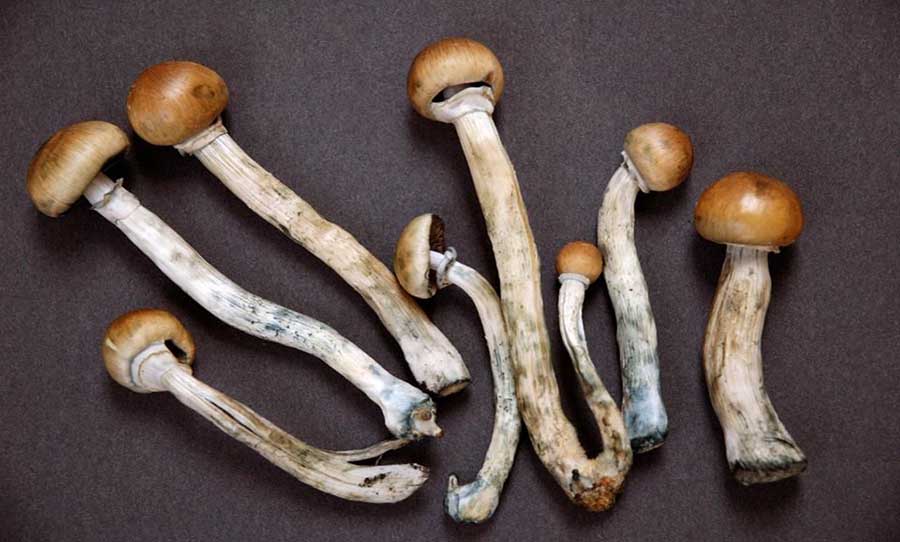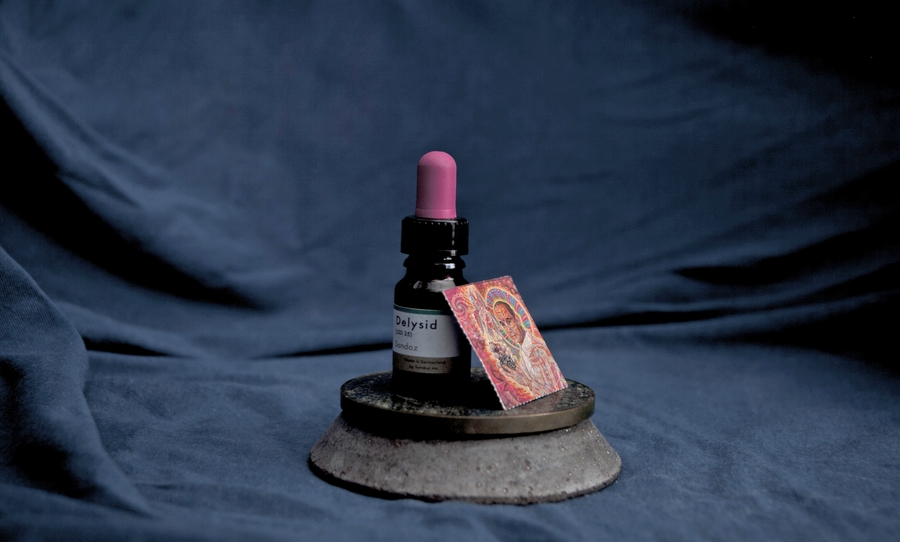The Food and Drug Administration (FDA) has granted Breakthrough Therapy status to psilocybin, a hallucinogenic substance found in magic mushrooms, to treat major depressive disorder (MDD).
The latest study, undertaken by Usona Institute in the United States and which is currently in Phase 2, will include approximately 80 participants who meet the criteria for MDD. Usona is currently recruiting for its seven-site phase of the study which will be completed in early 2021.

The FDA designed its Breakthrough Therapy status to give drugs intended to treat serious conditions a head start when they demonstrate a “substantial improvement” over medical solutions already available on the market.
“The results from previous studies clearly demonstrate the remarkable potential for psilocybin as a treatment in MDD patients, which Usona is now seeking to confirm in its own clinical trials. What is truly groundbreaking is FDA’s rightful acknowledgement that MDD, not just the much smaller treatment-resistant depression population, represents an unmet medical need and that the available data suggest that psilocybin may offer a substantial clinical improvement over existing therapies,” says Charles Raison, MD, Director of Clinical and Translational Research at Usona.
“Given that there is so much complexity with psilocybin and that Usona is charting new ground, these interactions will ensure that Usona and the FDA are aligned in approaching the development program with acceptable best practices.”
This is not the first time that psilocybin has received Breakthrough Therapy status for treating depression. In 2018, COMPASS Pathways, a life sciences company, received the status for its study on treatment resistant depression which was the first of its size at the time.
According to the World Health Organization, there are over 300 million people suffering from major depression and the figures are rising. WHO states that investment in mental health is needed with nearly 50% of those people living in high-income countries not receiving treatment for depression.



